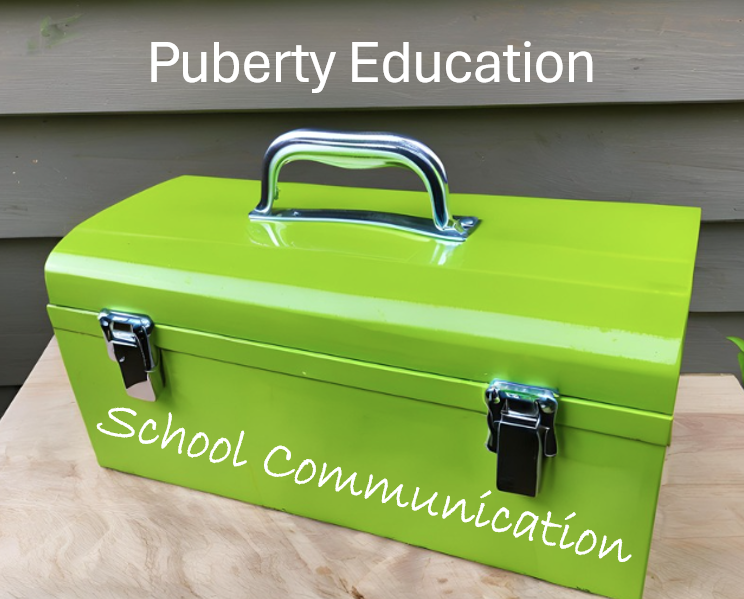Family Engagement 2 is the second in a five-part series. Links to the other segments are below.
When Parents and Teachers Clash
Although parents and teachers have very similar goals for their children/students, mistrust, misunderstanding, and miscommunication can result in conflict at times. While no one wants to find themselves in an adversarial situation, these seem to be happening more frequently than in the past. Topics such as mask policies, critical race theory (CRT), and book bans fuel local, state, and national conflicts that impact public education.
Sex education is often at the center of these divisive debates about public education and parental rights. People often disagree about the best way to teach about sex education, gender, sexual orientation, and risk reduction. They might disagree about what to teach at various ages and about policies related to trans students. When parents and teachers clash, students can be the losers if we aren’t careful.
This list includes common situations when parents and teachers clash:
- Some people believe that innocence and ignorance about bodies and sexuality protects children. Research shows that sex education protects children and adolescents from victimization.[1, 2]
- A common fear is that sex education increases sexual activity. Research shows it delays it.[3, 4]
- Some parents might fear that schools hide things from them. Schools utilize a variety of ways to communicate with school families and are often frustrated that their efforts are not working.[5]
- Parents typically think their children are not ready to learn about bodies and sex for longer than they are. Students ask questions and report issues to school personnel that reveal their need for more. [6, 7]
- Parental rights are detailed by state laws but might not be communicated clearly to all parents. Offering more choices for parents often makes additional work for educators, but this builds trust in the partnership. [8, 9]
- Parents might not feel respected by educators who act like they know more. Educators might feel mistrusted, criticized, and attacked by some parents. [10, 11, 12, 13]
Anticipating these possible times when parents and teachers clash can help everyone work together more smoothly. Because these issues are often fueled by emotions, rather than facts, it is important to listen carefully and find the common ground that will support negotiated solutions.
Be sure to read the next three segments of this series:
- Family Engagement 1: What Parents and Teachers Want
- Family Engagement 2: Common Clash Points
- Family Engagement 3: Benefits of Family Engagement
- Family Engagement 4: Barriers and Facilitators of Family Engagement
- Family Engagement 5: Strategies for Family Engagement
References:
- http://info.primarycare.hms.harvard.edu/review/sexual-education-violence-prevention
- https://pubmed.ncbi.nlm.nih.gov/30427866/
- https://www.guttmacher.org/article/2007/11/review-key-findings-emerging-answers-2007-report-sex-education-programs
- https://www.guttmacher.org/sites/default/files/article_files/gpr2202919.pdf
- https://www.readingrockets.org/article/building-parent-teacher-relationships#:~:text=Good%20two%2Dway%20communication%20between,help%20that%20student%20achieve%20academically.
- https://sexedrescue.com/myths-and-facts-about-sex/
- https://rewirenewsgroup.com/article/2018/09/11/why-parents-fear-the-talk-and-what-kids-want-out-of-it/
- https://www.ncsl.org/research/health/state-policies-on-sex-education-in-schools.aspx
- https://www.ed.gov/parent-and-family-engagement
- https://www.wgu.edu/heyteach/article/Parent-teacher-conflict-management-tips-for-a-speedy-resolution1704.html
- https://www.edutopia.org/blog/parent-teacher-conflicts-into-partnerships-mark-phillips
- https://theconversation.com/how-to-avoid-toxic-disputes-between-parents-and-teachers-51204
- https://www.edweek.org/leadership/what-principals-can-do-when-parents-and-teachers-clash/2019/10



